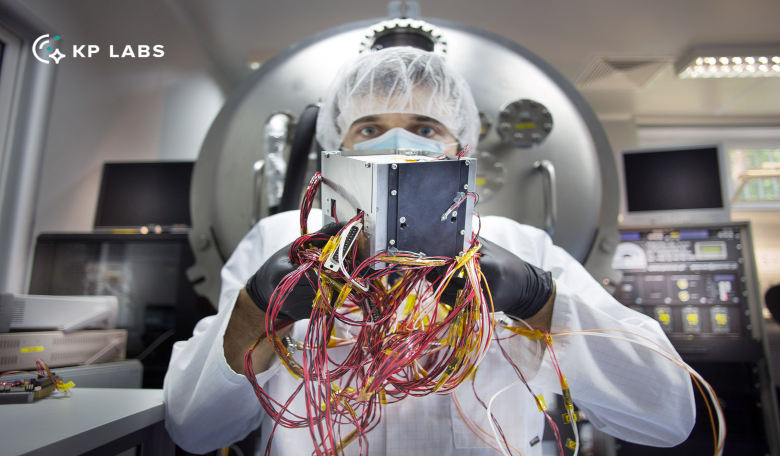Global Spatial Technology Solutions (“GSTS”) an Artificial Intelligence (AI) and Maritime Analytics company has announced that it has been selected by the Canadian Space Agency (CSA) to develop space-based AI capability to support enhanced decision-making for a range of space applications focused on tasks using computer vision (such as would be used by exploration landers, rovers, robotics or Earth observation systems). This project is funded under the CSA’s Space Technology Development Program.
“We are delighted to be a part of this project supporting GSTS in the task of assessing the performance of our newly developed data processing unit Leopard for a range of space mission applications. On-board data processing is definitely a game-changer and we are happy to support companies in reaching this goal.
KP Labs team will adapt conventional Deep Learning models to make them optimal use of the underlying infrastructure and will also consult GSTS on re-writing the same models to be deployed and assessed on other devices leveraging characteristics of the specific hardware. I believe that AI technologies will pave the way for space exploration, where autonomy will allow humans to deal with the increasing complexity of scenarios and mysterious worlds to discover.” said Michał Zachara, COO at KP Labs.
“This contribution will enable GSTS to expand our growing AI capabilities into the space sector to support decision making based on the same techniques we utilize in the maritime domain, enabling detection, recognition and prediction,” said Richard Kolacz, GSTS CEO.
“It is equivalent to placing the brain next to the eyes of any space asset or sensor in order to support decision-making locally, rather than having to relay all the data to Earth for analysis before a decision can be made. It is the first step in the development of truly autonomous space capability.”
Computer vision involves the automatic extraction, analysis and understanding of information gleaned from digital images. By applying machine learning, which is a type of AI, it can enhance and optimize the production of actionable insights much faster and more accurately than a human can. Accurate and timely information is critical to working in space, one of the most extreme environments imaginable.
For more information, visit www.kplabs.pl.











